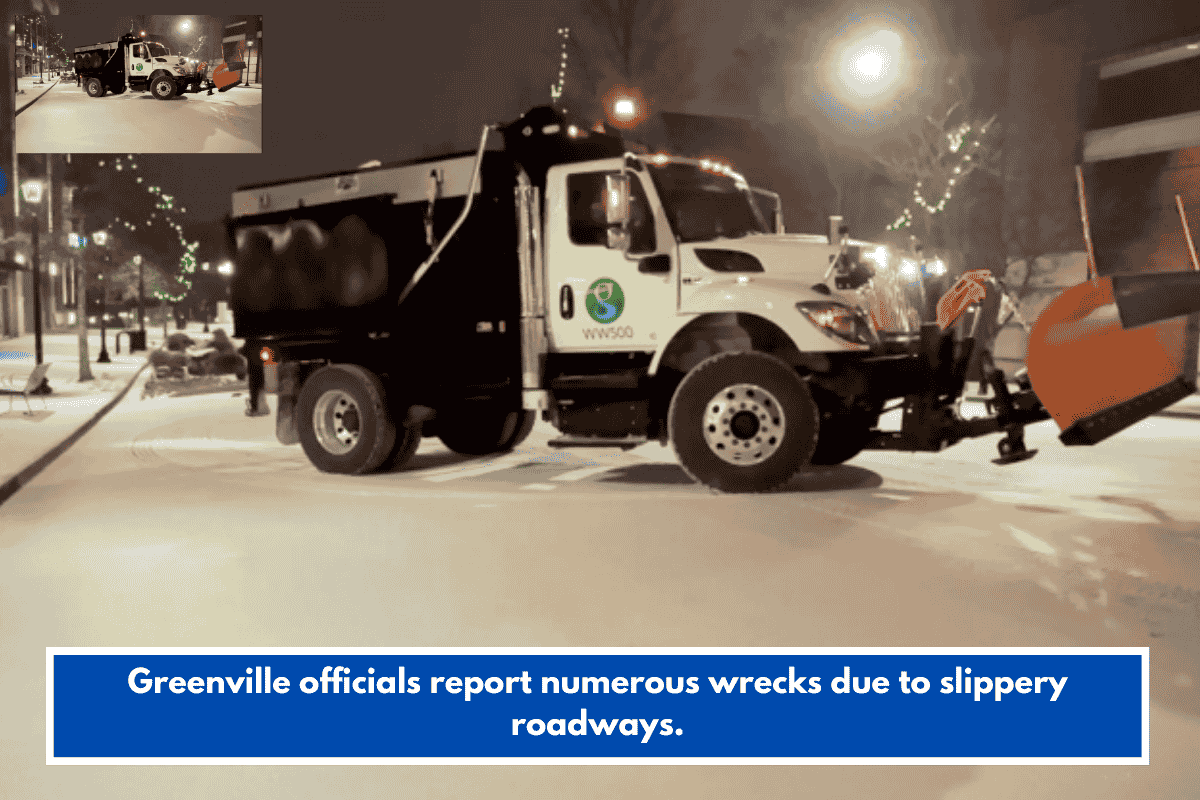Utah’s “Stand Your Ground” law is an important legal concept that deals with a person’s right to protect themselves when they feel threatened. This law allows individuals to use force, including deadly force, in certain situations without the duty to retreat. Understanding how this law works can help residents of Utah be aware of their rights and the legal limits around self-defense. Here’s an explanation of what the Stand Your Ground law means in Utah and how it applies in real-life situations.
What Is the Stand Your Ground Law?
The Stand Your Ground law allows individuals to use force, including deadly force, to protect themselves if they feel threatened with harm. Unlike other self-defense laws that may require you to retreat (leave the scene) if you can do so safely, the Stand Your Ground law eliminates this requirement. In Utah, a person is allowed to defend themselves without retreating if they are in a place where they have a legal right to be.
Key Points of Utah’s Stand Your Ground Law
Right to Self-Defense: The law gives people the right to use force when they are in fear for their safety. This includes defending yourself from someone who is threatening you, whether physically or with a weapon.
No Duty to Retreat: Under Utah’s law, if you are in a situation where you feel your life or safety is in danger, you do not have to retreat to avoid the situation. You can stand your ground and defend yourself, even if you have the option to leave the area safely.
In Your Home or Property: Utah’s Stand Your Ground law strongly protects a person’s right to defend their home or property. If someone unlawfully enters your home or threatens you on your property, you can use force to protect yourself, even if it means using deadly force.
Reasonable Fear of Harm: The law doesn’t give people a free pass to use force in any situation. The use of force must be reasonable and based on a genuine fear for your safety. The situation should be such that an average person would believe they were at risk of harm.
Deadly Force: In situations where you fear that someone might seriously harm or kill you, you have the right to use deadly force. However, the threat must be immediate, and using deadly force should be considered a last resort.
Legal Protection: If you are accused of using force or deadly force under the Stand Your Ground law, you may be legally protected from criminal charges. The law provides immunity from prosecution if you acted in self-defense and followed the requirements of the law.
When Can You Use Stand Your Ground in Utah?
There are specific situations where Utah’s Stand Your Ground law applies. These situations include:
In your home: If someone illegally enters your home and threatens you, you have the right to defend yourself.
On your property: If you are in a place where you have a legal right to be, you can use force to protect yourself from harm.
In public: If someone threatens you in a public space, and you fear for your life or safety, you can stand your ground without retreating, provided the threat is real.
However, this law does not give you the right to use force in all situations. If you provoke or escalate a situation, or if you are involved in criminal activity when an incident occurs, the law may not apply to your defense.
Limits and Controversies of the Stand Your Ground Law
While the Stand Your Ground law is designed to protect individuals from harm, it has been the subject of controversy. Some argue that it encourages people to resort to violence in situations that could otherwise be de-escalated. Critics also worry that the law could disproportionately affect certain groups, such as minorities, in situations involving self-defense.
Furthermore, it’s important to note that the law doesn’t grant unlimited rights to use force. The force used must be reasonable based on the situation, and excessive force may still lead to legal consequences.
Utah’s Stand Your Ground law provides individuals with the right to protect themselves without the duty to retreat in situations where they feel threatened. Whether in their home, on their property, or in a public space, people have the legal right to use force to defend themselves if they reasonably believe they are in danger. However, the law is not without its limits, and it is essential to understand the nuances of when and how to use force legally. If you are ever in a situation where self-defense is necessary, make sure that your actions are reasonable and appropriate to the threat at hand.
SOURCES
[1] https://giffords.org/lawcenter/state-laws/stand-your-ground-in-utah/
[2] https://en.wikipedia.org/wiki/Stand-your-ground_law
[3] https://le.utah.gov/~2025/bills/static/HB0425.html
[4] https://le.utah.gov/~2025/bills/static/SB0130.html
[5] https://stoneriverlaw.com/utah-criminal-defense/self-defense-laws-in-utah-when-is-it-legal-to-protect-yourself/














